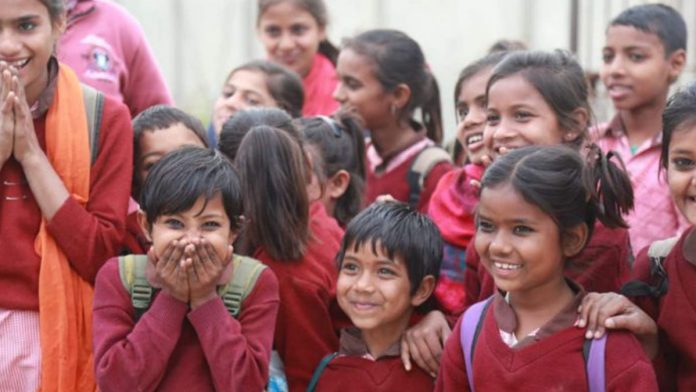Frontlist | Education ministry draws up 60-point agenda to implement NEP
Frontlist | Education ministry draws up 60-point agenda to implement NEPon Oct 22, 2020

The Ministry of Education has drawn up a 60-point agenda for the implementation of the new National Education Policy (NEP), which includes reforming the schooling system from the year 2022, ThePrint has learnt.
The Union Cabinet had cleared the NEP in July this year and the document charts out key educational reforms that will be undertaken over the coming years.
Agencies like the National Testing Agency (NTA), the Central Board of Secondary Education (CBSE), the National Council for Educational Research and Training (NCERT) and the National Institute of Open Schooling (NIOS) have been tasked with different duties to kick-start the ministry’s plan from 2022-23, according to officials familiar with the development.ThePrint reached the education ministry for a comment via email but no response was received till the time of publishing this report.
Common entrance exam for universities
To begin with, the government plans to streamline the admission process to undergraduate colleges for non-technical courses.
The NTA, which conducts the Joint Entrance Exam (JEE) for engineering and the National Eligibility and Education Test (NEET) for medical courses, has been asked to work on the modalities of a single entrance exam for all universities. As reported by ThePrint, the plan is likely to be rolled out next year and will be more streamlined by 2022.According to sources in the ministry, it will not be mandatory for institutions to adopt the single entrance test for admission.
Currently, different universities have their own admission process. Some like the Delhi University admit students based on the marks obtained in the Class 12 board exams while others hold entrance tests.
The single entrance test is expected to reduce the burden of high cut-offs, especially in DU. This year, Lady Shri Ram College had pegged the cut-off of three courses at a record 100 per cent in the general category.
Changes to schooling system
Additionally, the CBSE and NIOS have been tasked with changing the assessment system in schools.
CBSE is preparing the format for two types of exams — objective and subjective — which is likely to be rolled out by 2022-23, sources in the ministry told ThePrint.
Meanwhile, NCERT has been asked to work on a new curriculum, focusing on learning outcomes, from pre-primary to Class 12.
In lieu with the new policy that focuses on early childhood education, the council has been asked to prepare a three-month study module for students in Class 1 to make them school-ready.
Modules on numerical literacy, with a special focus on younger children, will also be prepared by the council and is expected to be rolled out soon.
The NEP aims to change the current school education system, which is a 10+2 system, where formal schooling starts at the age of 6 years, to 5+3+3+4 system.
This will include five years of foundational learning (three years of preschool or anganwadi education and two years of classes 1 and 2); three years of preparatory learning (classes 3 to 5); three years of middle school (classes 6 to 8) and four years of secondary school (classes 9 to 12).
*Source: ThePrints


.jpg)






.jpg)

.jpg)
.jpg)
.jpg)
.jpg)
.jpg)
.jpg)










Sorry! No comment found for this post.